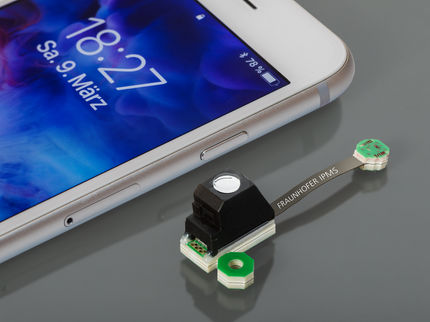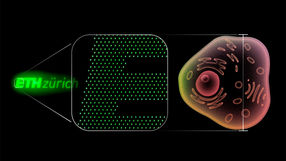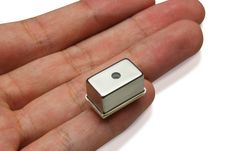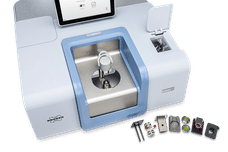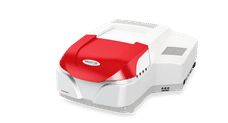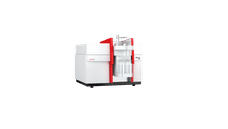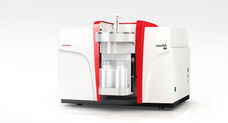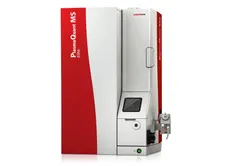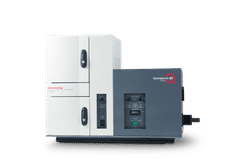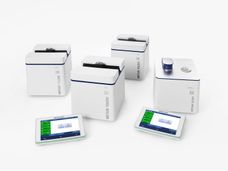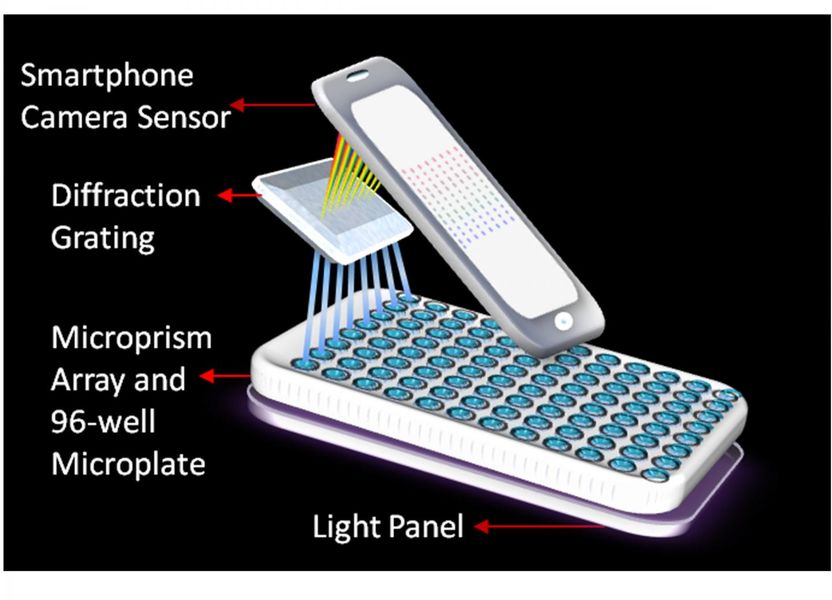Portable lab analysis: mini spectrometer integrated into your mobile phone
Researchers at the Technische Universität Dresden and the Fraunhofer FEP are developing a novel type of an ultra-tiny spectrometer that fits into your mobile phone. The novelty here are metallic nano-antennas for harvesting, filtering and amplifying of incoming photons. In addition, thin-film manufacturing technology makes this sensor affordable for mass production.
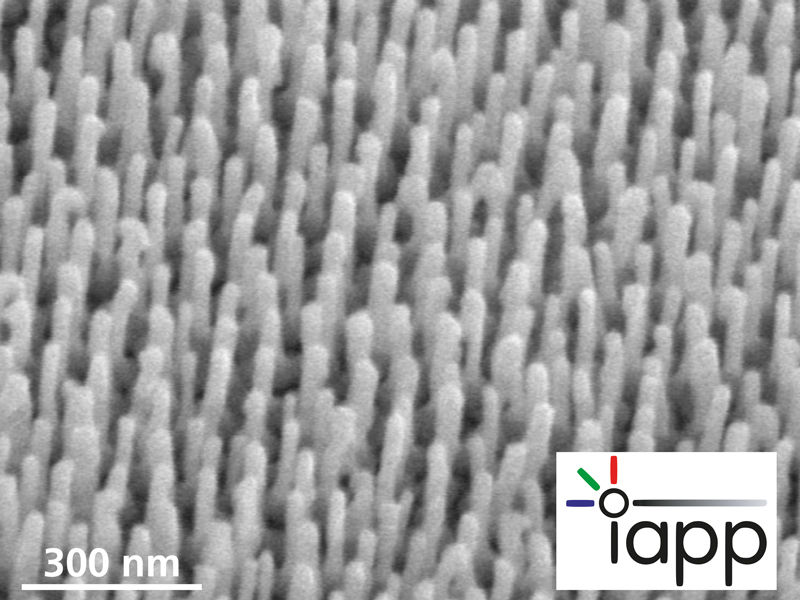
Spectrometers in a miniaturized size are required for many novel applications. For instance, approaching your smart-phone towards fruits and vegetables allows monitoring ripeness and freshness simply by quantifying the sugar content. Also a huge benefit for personalized medical care has been envisioned: people suffering e.g. from diabetes may track her/his blood sugar concentration through contact-free breath analysis. Furthermore, ultra-small spectrometers can be also relevant for security purposes, e.g. for toxic gas or liquid alarms.
Standard spectrometers so far are too bulky for the integration into compact electronic devices such as smart phones, simply because their physical principle reaches the uttermost size limits. Scientists at the Institute of Applied Photophysics (IAPP) at the »Technische Universität Dresden« and at the »Fraunhofer Institute for Electron Beam and Plasma Technology FEP« Dresden, are ready to make an innovation leap within the »nanoSPECS« project, funded by the German Ministry of Education and Science (BMBF). With an absolutely new concept based on nano-antennas, the researchers will develop a mini-spectrometer that possesses a very high resolution and sensitivity throughout the full spectrum (from UV to near-infrared). But the most striking fact is that the »nanoSPECS« mini-spectrometer needs no movable parts at all for full operation.
This »Dresden concept« is based on metallic nano-wires that act as tiny antennas for absorbing, amplifying and redirecting light to the detector, a CCD / CMOS chip that carries the antenna array. The sensing capabilities depend on the antennas length, diameter, material as well as the coupling distance between individual antennas, and hence can be tuned in order to reinforce specific wavelengths or wavelength ranges. The concept foresees to establish the antenna-arrays that show a gradient structure in one of the above-mentioned parameters covering the full electromagnetic spectrum with high amplification. The size of this novel spectrometer thus is solely limited by the size of a CCD / CMOS chip.
The IAPP has already developed a lab-scaled process to electrochemically grow such gold or silver nano-rod arrays into pores of an anodized aluminum-oxide matrix and has proven its variability and functionality. The main goal of the three-year »nanoSPECS« project, started in August 2013, is to manufacture and to up-scale such graded antenna-arrays to the 8”-wafer size. The challenge is to grow a precursor aluminum layer for anodization that shows a precise, reproducible and homogeneous thickness of expected micro-crystallinity. At this stage Fraunhofer FEP will apply its expertise in production of precision coatings through magnetron sputtering. This process ensures the high quality thin-film deposition needed for commercial production of mini-spectrometers for a large market.
Picture: What looks like a mini-carpet in the REM picture are gold nano-antennas of some 100 nm length and 30 nm diameter. These rods are sensitively absorbing visible light, filter photons, and finally concentrate and amplify selected wavelengths through plasmon resonances. These nanorod arrays form is the key element for modern-type optical sensors, as the stated goal within the »nanoSPECS« project.
Most read news
Organizations
Other news from the department science
These products might interest you

Get the analytics and lab tech industry in your inbox
By submitting this form you agree that LUMITOS AG will send you the newsletter(s) selected above by email. Your data will not be passed on to third parties. Your data will be stored and processed in accordance with our data protection regulations. LUMITOS may contact you by email for the purpose of advertising or market and opinion surveys. You can revoke your consent at any time without giving reasons to LUMITOS AG, Ernst-Augustin-Str. 2, 12489 Berlin, Germany or by e-mail at revoke@lumitos.com with effect for the future. In addition, each email contains a link to unsubscribe from the corresponding newsletter.
